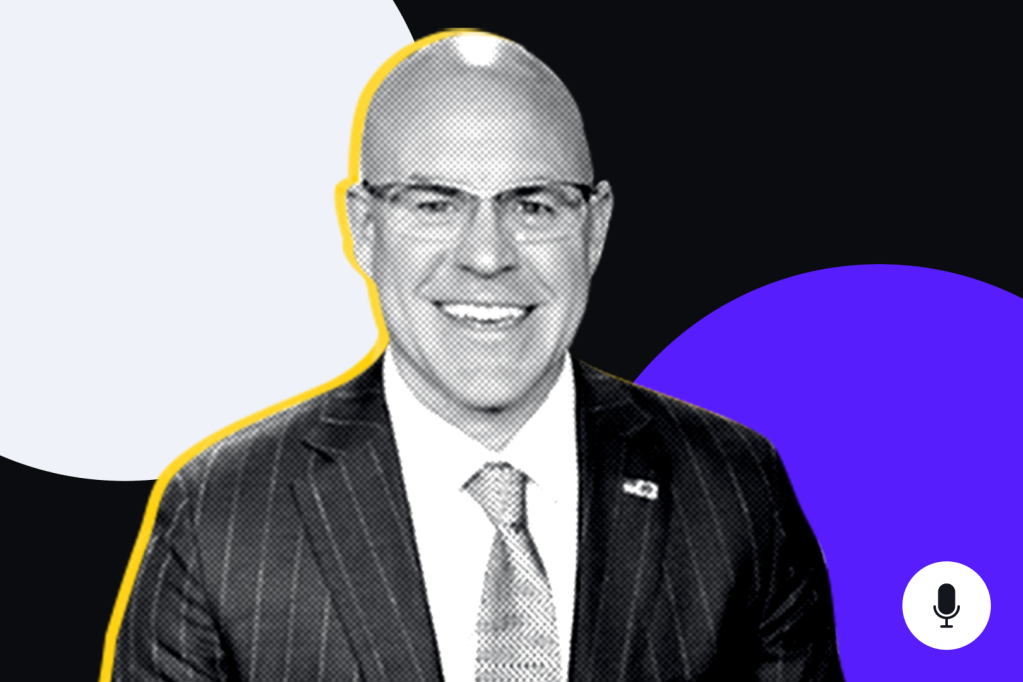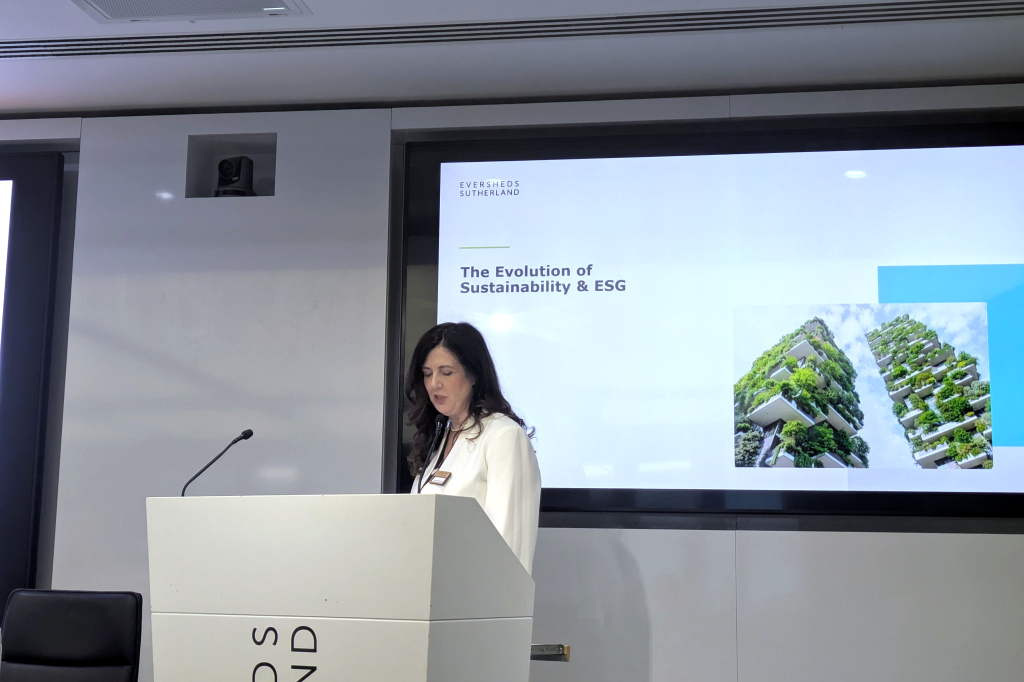It’s getting tougher by the day getting it right in the ESG field, making it tempting to recall the word’s of 1980s hip-hop classic The Message, which began: “It’s like a jungle sometimes, it makes me wonder how I keep from going under.”
In a nutshell, while
Register for free to keep reading
To continue reading this article and unlock full access to GRIP, register now. You’ll enjoy free access to all content until our subscription service launches in early 2026.
- Unlimited access to industry insights
- Stay on top of key rules and regulatory changes with our Rules Navigator
- Ad-free experience with no distractions
- Regular podcasts from trusted external experts
- Fresh compliance and regulatory content every day

![What [the heck] is going on with vaccine policy in America?](https://www.grip.globalrelay.com/wp-content/uploads/2026/02/G-Vaccine-signage-2259640793.jpg?w=1024)











